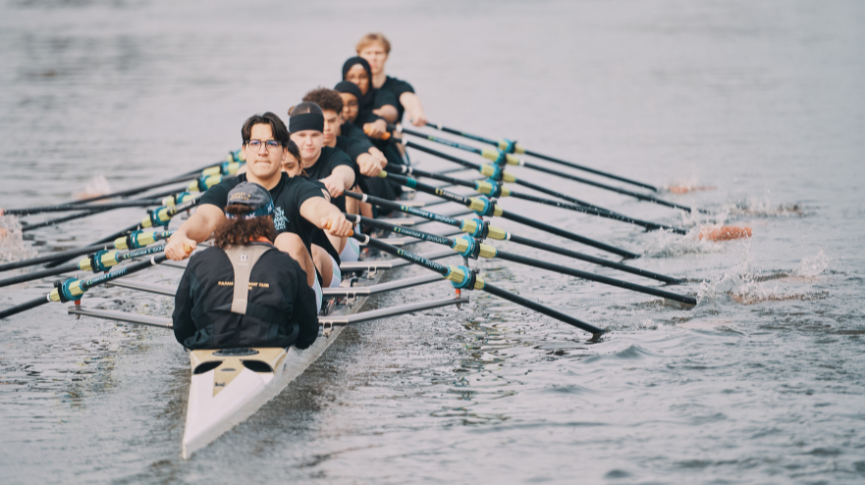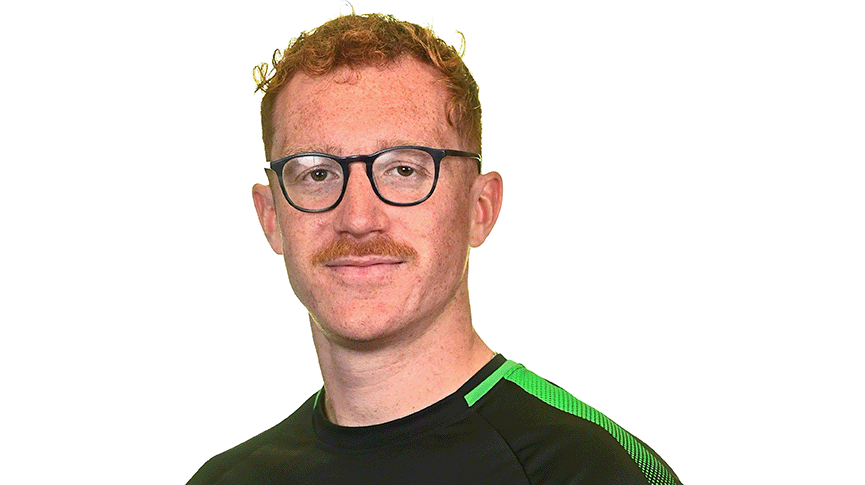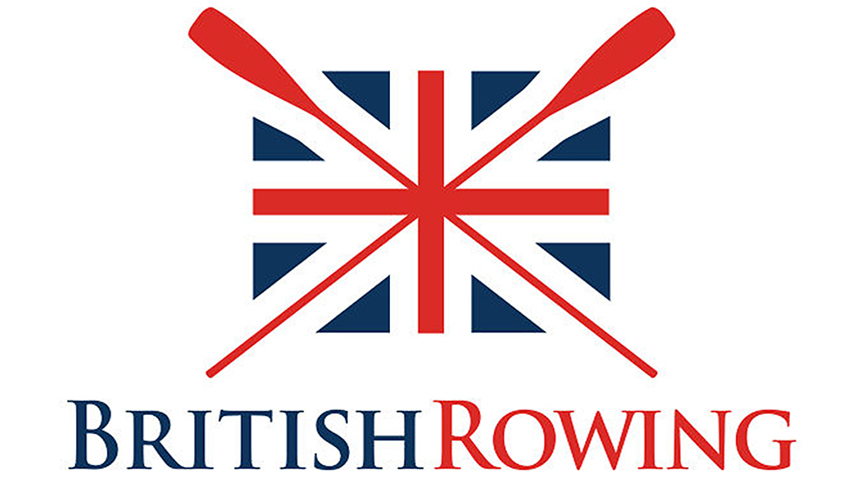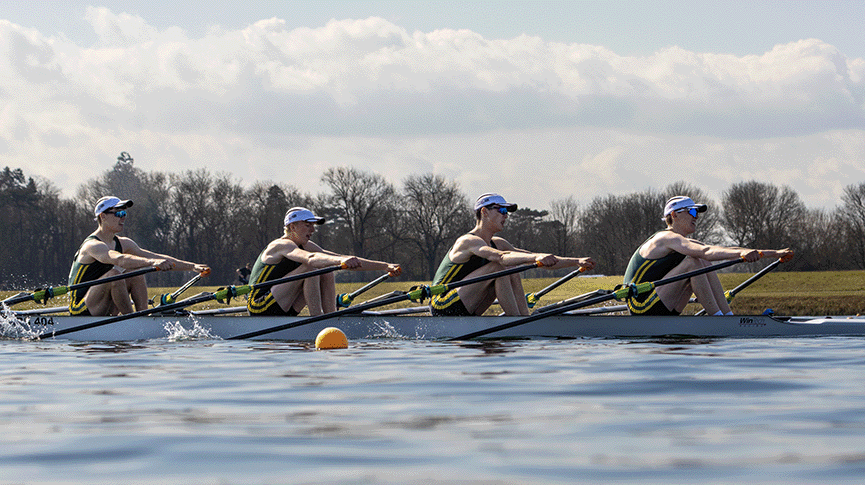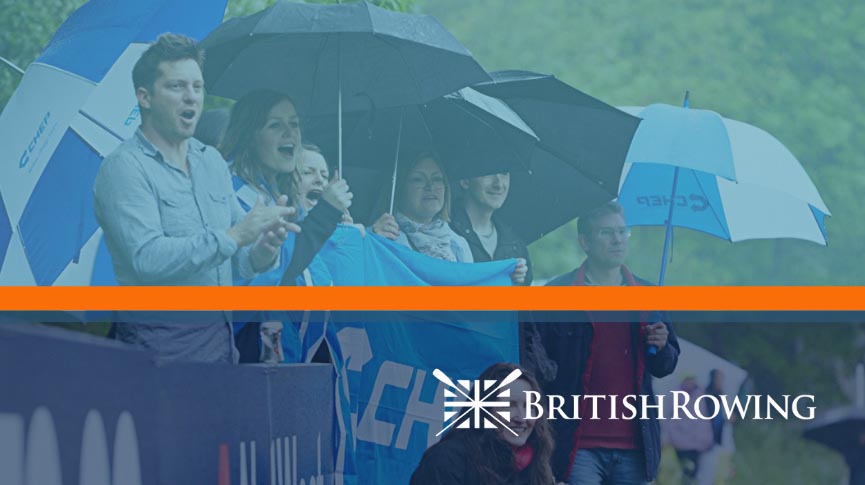Coaching students: ‘We have gone from being a mid-table university, to challenging the top clubs’
Simplicity and consistency are key to success with students, Edinburgh University Boat Club’s Head of Rowing Colin Williamson tells Martin Gough
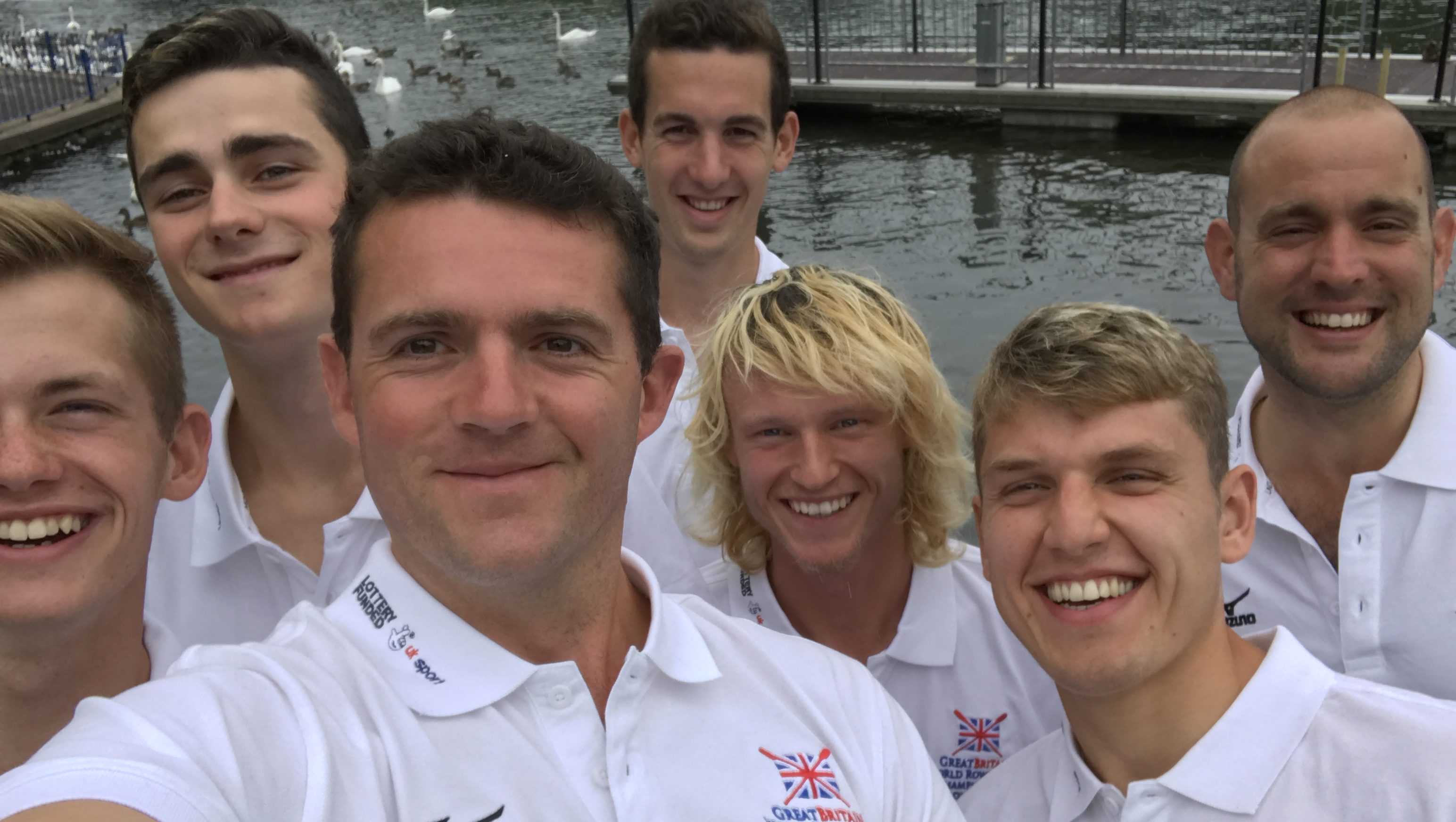
Colin Williamson with the EUBC athletes selected for the 2017 World U23s
Colin Williamson sees it as his job to make sure that the enormous success that his squad has achieved over the last two seasons is not a flash in the pan.
In 2016 he coached Edinburgh University Boat Club (EUBC) to their first ever win at Henley Royal Regatta and a Great Britain U23 lightweight quad to a world title.
This year, students have experienced more successes on the international stage. Oli Wilkes won silver with his coxed four crewmates in the U23 world championships and then teamed up with Graham Ord to take silver in the men’s eight at the recent European U23 Rowing Championships.
The icing on the cake is seeing Maddie Arlett and Gavin Horsburgh selected for the upcoming World Rowing Championships. Arlett is joined in the lightweight women’s quad by former Edinburgh crewmate Robyn Hart-Winks, who is also selected for the first time.
“In five years we have gone from being a mid-table university, to challenging the top clubs for major honours,” says Williamson, who became EUBC’s Head of Rowing in 2013 and coached the club’s men’s coxed four to victory in the Prince Albert Challenge Cup in 2016.
“But we said when we started that we didn’t want to be a flash in the pan. If you look at Durham, Newcastle or Oxford Brookes, even in their off years they are still consistent and stable.
“We don’t want to just win Henley once in 177 years; we want to win every three or four years and to consistently get athletes onto national teams.”
“Rowing is fundamentally a simple sport: if you do the basics perfectly than you will go quicker than 95% of the field”
The next goal is a project with Scottish Rowing to provide a bridge between university rowing and the GB squad so athletes don’t need to leave Scotland in order to succeed at the highest level.
That is just what Williamson did himself, taking up rowing in Aberdeen but later moving to Leander Club and Molesey BC.
“Coaching was a means to an end when I was trying to be a full-time athlete,” he says. “But I realised I wasn’t too bad at it and got almost as much satisfaction from coaching an athlete to do well as I would if I were doing it myself.
Williamson went from racing in the Great Britain second eight at the 2013 Lucerne World Cup regatta to a job in Edinburgh, admitting, “In reality I don’t think I would have gone to an Olympics.”
He says his coaching aim is to “manage the culture and keep it simple”, explaining: “In terms of culture, you have to make something that people want to be a part of. And rowing is fundamentally a simple sport: if you do the basics perfectly than you will go quicker than 95% of the field.”



